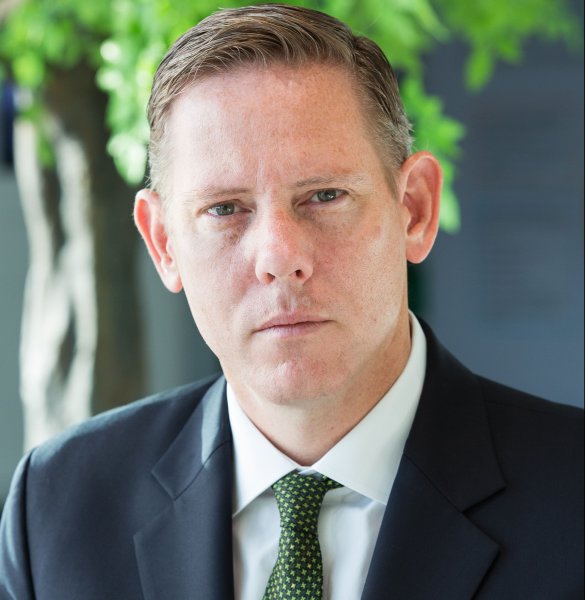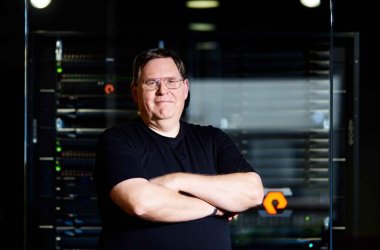Schneider Electric, today, ahead of the Arab Future Cities Summit Dubai, said that the Middle East and North Africa, and especially the GCC, are spearheading the $2.6 billion global Smart Cities market.

As mega-trends such as connectivity, mobility, social media, and new digital business models transform the world, city governments across the region are harnessing the power of the Internet of Things to drive innovation, meet citizen needs, and enhance energy and infrastructure development.
Worldwide, the Smart Cities market is set to reach $2.6 trillion by 2025, according to a recent report by Grand View Research.
Cities are the nexus for the Internet of Things, with global connected things set to nearly double from 11 billion in 2018 to 20 billion by 2020, according to Gartner.
“The Middle East and North Africa, especially with initiatives across the GCC, are spearheading global Smart Cities innovations to drive economic competitiveness, and enable safe, convenient, and prosperous communities,” said Caspar Herzberg, president, Schneider Electric Middle East and Africa, ahead of the keynote “Future-Proof Smart Cities and Powering the Digital Economy”.
Herzberg is a thought leader on Smart Cities and author of the book “Smart Cities, Digital Nations.”
During the keynote, Schneider Electric will exchange best practices in how governments leverage the Schneider Electric EcoStruxure architecture to optimise Smart Cities.
Naya Raipur, India’s first greenfield integrated Smart City, uses 100,000 connected things to deliver citizen-centric services. Naya Raipur is enhancing transportation, surveillance, citizen applications, Smart Grid solutions, Water Management, and integrated Building Management Systems.
Istanbul, Turkey has deployed 2,600 smart meters in the metro to improve energy efficiency, 7,000 CCTV cameras to enhance safety, 200,000 I/O points on satellite maps to more accurately forecast natural gas management, and 3,000 smart meters on ferries to enhance their safety and reliability.
Schneider Electric also noted that cities cannot merely use technology for technology’s sake. Bringing together sensors, hardware, and cloud-based software can bridge city silos for new insights.
“Integrating IT and OT is vital for the region’s Smart Cities to do more with less,” added Marwan Zeidan, Smart Cities Expert, Schneider Electric. “Smart Cities should optimise existing operational layers, integrate with edge control for distributed intelligence, and use apps, analytics, and services to manage public services in real-time.”
At the Arab Future Cities Summit, attend the Schneider Electric keynote on Monday, 3rd September at 11 am, and visit the Schneider Electric stand to experience a wide range of Future Cities use cases.





